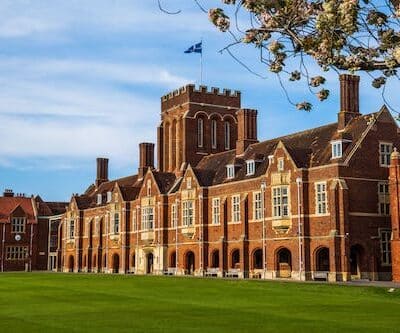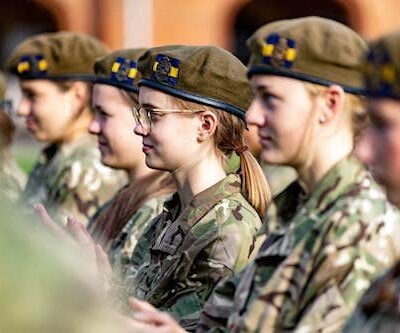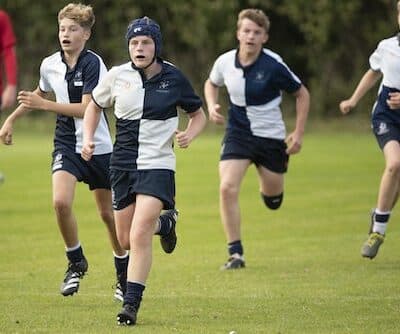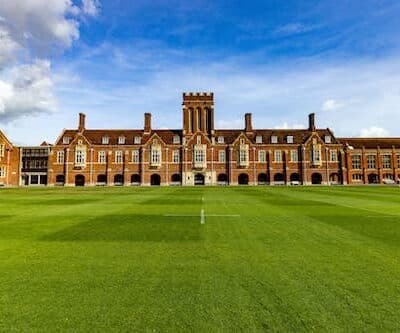Marathon of Afghanistan
During half term, Vicky Burford, Nugent Housemistress, ran the Marathon of Afghanistan and successfully reclaimed her title of being the first female to do so. The Marathon of Afghanistan, organised by the charity Free to Run, is the country’s only mixed-gender sports event. Read Vicky’s inspiring story:
‘Another marathon in Afghanistan? You’re going
back? You must be mad’ was the usual reaction from my friends and
colleagues when I mentioned my plans to return to Afghanistan in November 2017.
Having raced the previous year and surprised myself by winning the female
title, I couldn’t wait to return, although to travel to Afghanistan is never
without risks. Indeed, as I landed in a misty Kabul from Gatwick and heard of a
fatal attack that same day on a Shia mosque, it was with both nerves and
excitement that I passed through the many checkpoints at immigration. However,
as dawn set on a troubled Kabul and we watched groups of innocent children
playing with kites on a hilly outcrop, I knew that my decision to return was
right, whatever the outcome of the race.
I have enjoyed running since a young adult, and since
becoming a boarding Housemistress although the time pressures of training to
run a marathon while concomitantly running a boarding house can sometimes
be challenge (anyone fancy a 20 miler between roll call and chapel?), I find
that long distance running can be a great way of alleviating the demands of the
job and creating vital headspace. Many of my best House initiatives
have been borne on the South Downs, although woe betide the girl (or parent)
who comes between me and my post run refuel!
The Marathon of Afghanistan and the associated 10k is the
only sporting event in Afghanistan where girls and boys can take part
together, and is organised with a charity called Free to Run which is an
inspirational organisation which works with women and girls in conflict areas
to give them confidence, equality and education through exercise. The entry
fees paid by the international runners enable both the local Afghans to take
part for free, and for a small group of girls from Free to Run to
participate and take part in a training schedule in the months leading up
to the marathon. We spent a day hiking with some of these girls, and it was
humbling to hear some of their stories – before Free to Run, these girls would
risk stoning, insults and death threats if they ran on the streets, and they
would be reduced to training in small compounds or stairwells. Over tea in a
local shepherd’s hut, we all discussed why we enjoyed running. For the
international runners, the reasons were predominantly health driven, yet the
unilateral reason cited by these local girls was to bring about change in their
country. While hiking up the hill, one of girls who was a student at the
American University in Kabul told me that ‘things had been tough recently’, due
to a Taliban bomb at the university which had killed a lot of her friends and
teachers. The mental and physical resilience of all of these girls is
truly remarkable.
The marathon took place in the town of Bamiyan which is a
Hazara stronghold in the North of Afghanistan at an altitude of 2,500m. With a
Buddhist past, its cliffs are dotted with ancient sacrificial caves, some of
which now house refugees. One of these caves is also a school, and it was
wonderful to return there and teach a lesson. All that remains of the largest
Buddha statues which the Taliban blew up in 2001 are huge silhouettes etched
into the black rock face. It was an out and back route – climbing 700
metres directly up and down a hill on a well tarmacked road – never have I felt
so happy in the 14th mile of a marathon! Because of the altitude and
the 8 am start, it was never oppressively hot – a bonus since we had to ensure
that our clothing fully covered us, including headwear. The morning of
the races afforded a real sense of camaraderie with 300 competitors lined up to
race. It was one of the fastest starts ever with adrenalin and
inexperience playing no small part. After about a kilometre the dirt track
became a fully tarmacked road, and I managed to settle into a pace. I passed
through the 5k checkpoint without stopping, and paused at 10k checkpoint where
an inviting tray of bananas, apricots and home-made cake awaited.
It really was a long and winding road up the hill – it was beautiful in
its bleakness, remote, flanked by two mountains so the air still bitingly
chilly – running through shepherd settlements where fields of potatoes
were being harvested by families, being overtaken by the occasional donkey
laden with fodder – it was like running in a bygone era. We passed through
dramatic gorges and small villages, where locals would stare at us with mild
bemusement. One man even invited me in for a cup of tea – I don’t think
that he quite understood the concept that we were running a marathon. Sadly the
racing culture in Afghanistan is almost non-existent, so there was a fair
amount of cheating, ranging from people jumping into cars to hitching an
illicit ride on a bike or even a donkey. In a land of widespread poverty,
chip timing would seem like an ironic luxury, but I really do think that it was
ignorance rather than malice behind a lot of the cheating. Indeed as I
was huffing my way up the hill, I chuckled when a fellow competitor asked me
quite innocently how I intended to get down the hill – the concept of actually
running the 26 miles of a marathon seemingly quite novel to him. As I ran down
the hill, it became apparent to me that I was the first female, but knowing how
difficult the last few miles of a marathon can be (all the more so at
altitude), I could afford to take nothing for granted, but it was not until I
crossed the finish line and had the position to me confirmed that I could
really relax! The winning man, a taxi driver from Kabul, by then adorned in an
Afghan flag and being interviewed by local TV was being feted as a local hero
(and rightly so) and it was an honour to be part of his story and indeed part
of the journey behind running in Afghanistan – a journey which may only be in
its first few faltering miles, but one which thanks to Free to Run and the
Marathon of Afghanistan, can increasingly be enjoyed by both girls and
boys.
Back now in UK where I am free to wear what I want, do what I want, run where I want, Afghanistan feels miles away. Without a doubt,
Afghanistan is a country which challenges the senses – so often associated with
danger, war, bombings and violence, but it is also a country of love,
compassion, friendship and some of the warmest hospitality I have ever
encountered. Like running itself, it is a country where a whole range of
emotions inextricably connected and the fine line between joy and pain, wealth
and poverty, laughing and crying can change at the blink of an eyelid. Like
running, Afghanistan is a country which gets under your skin and challenges a
return. And you may even find yourself a champion!








